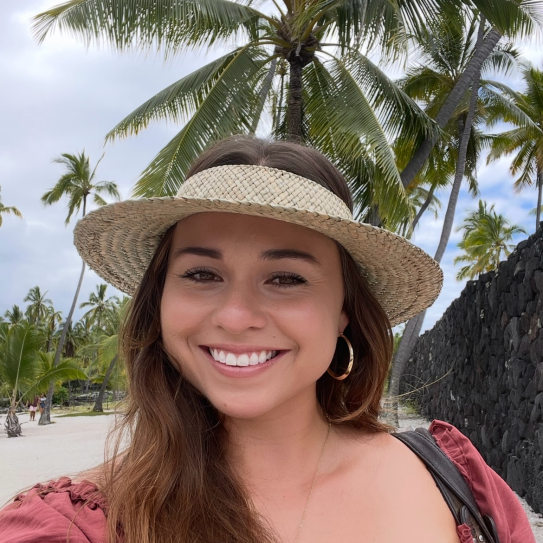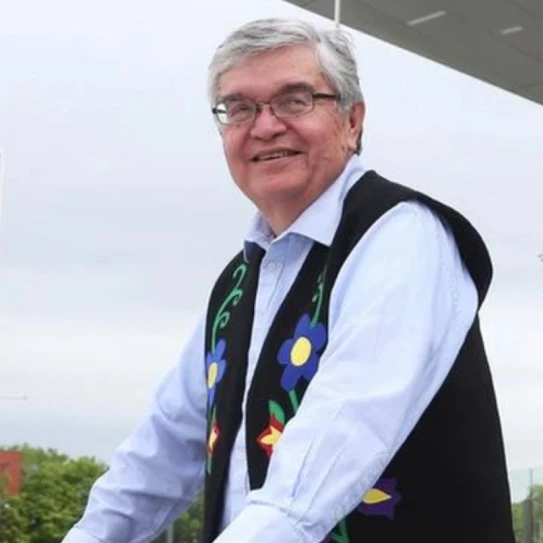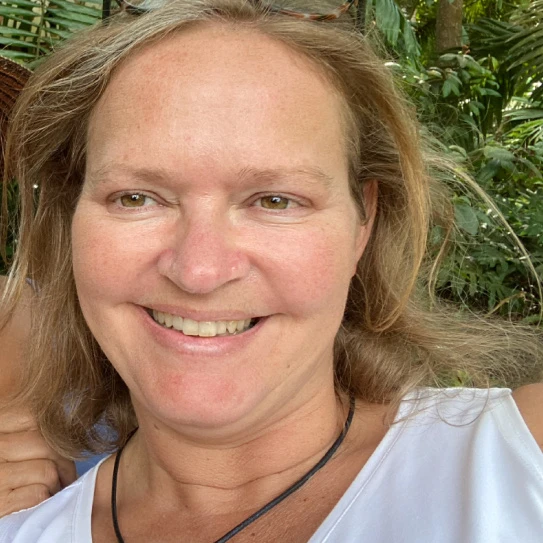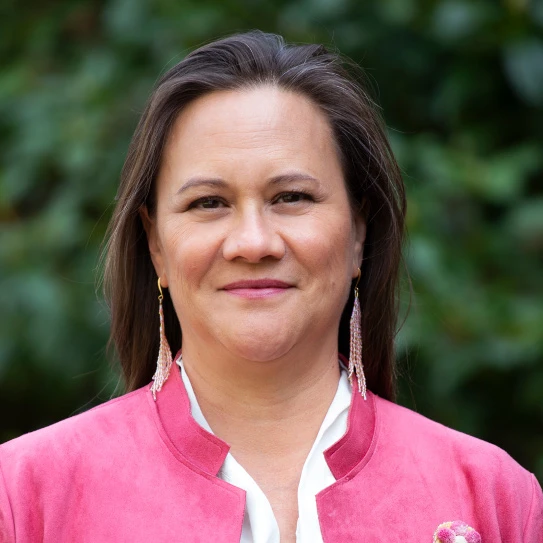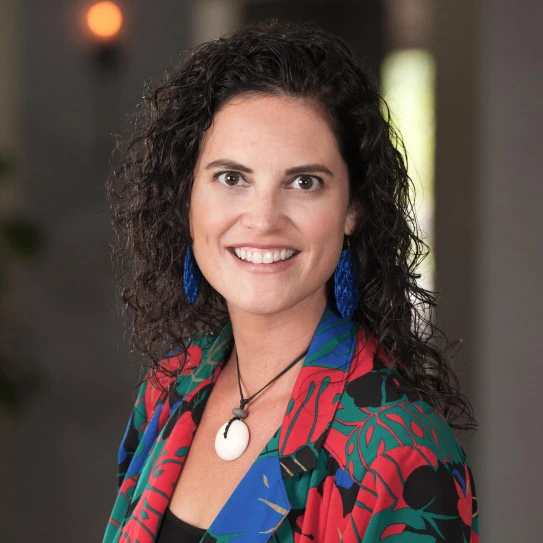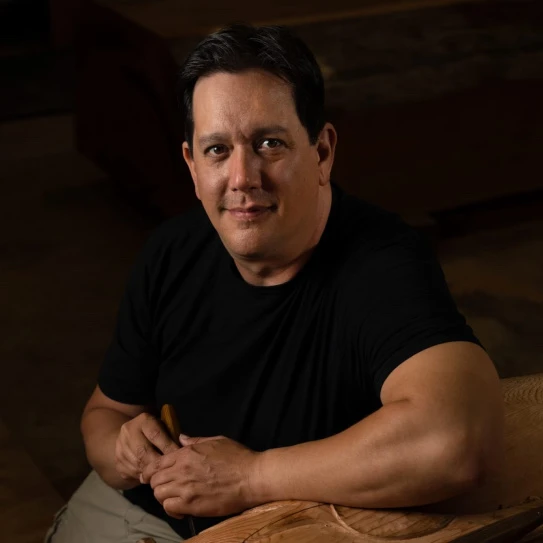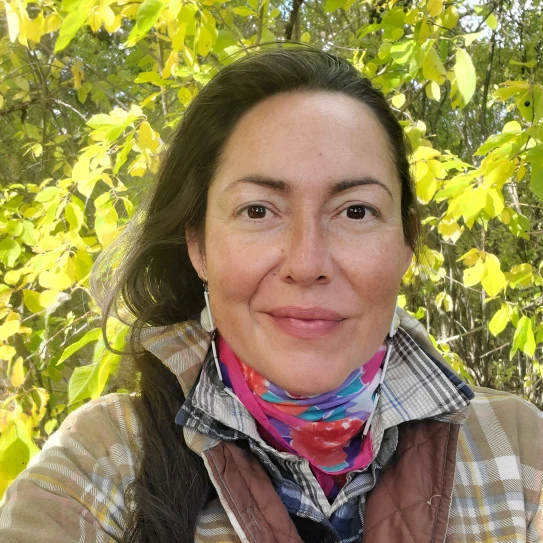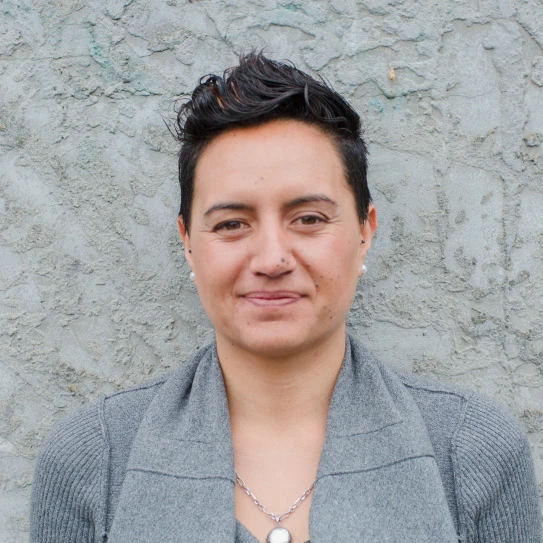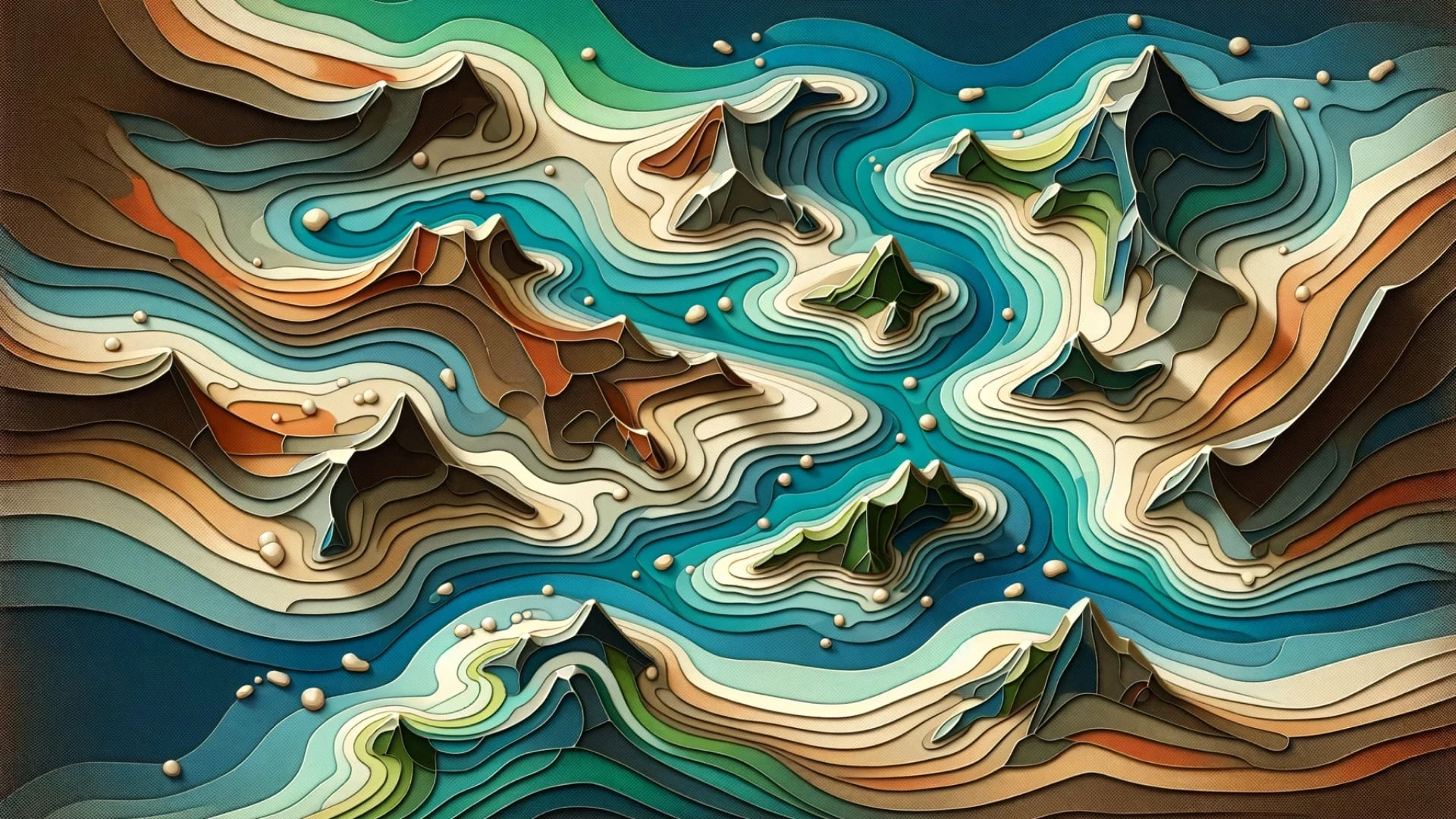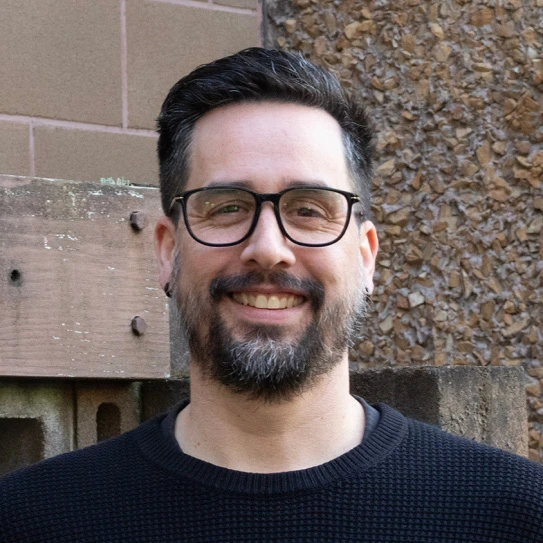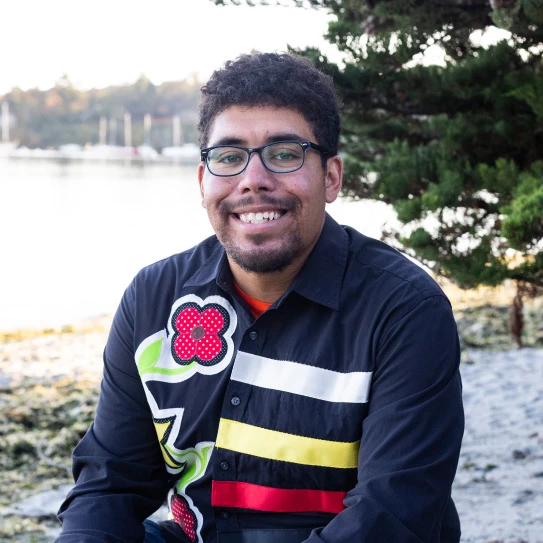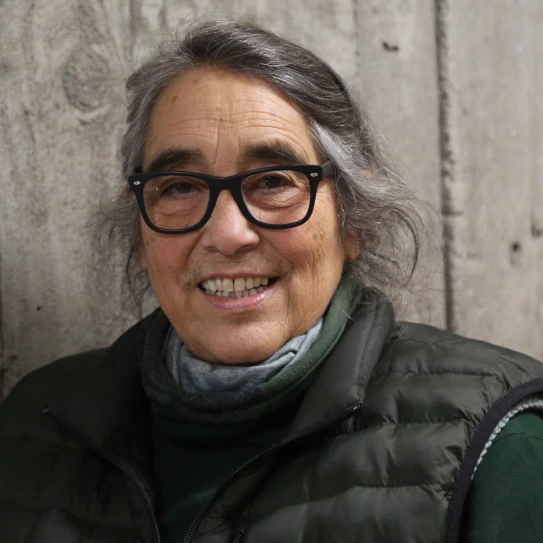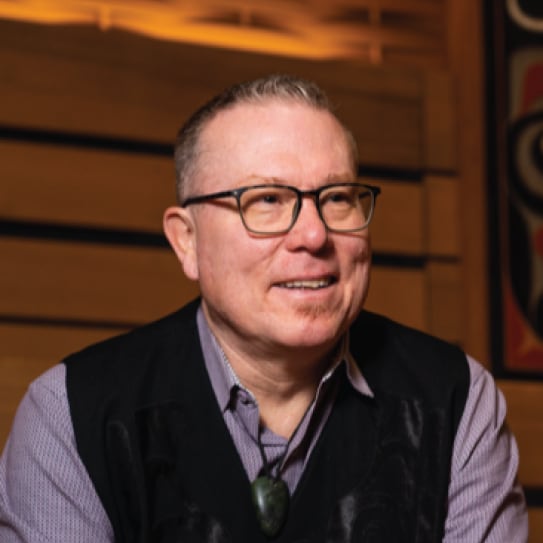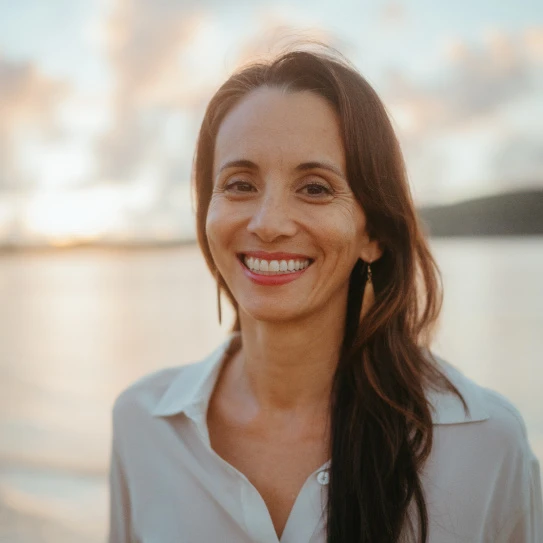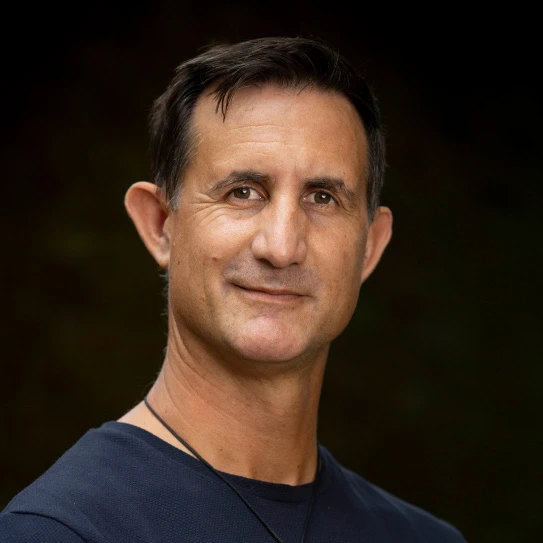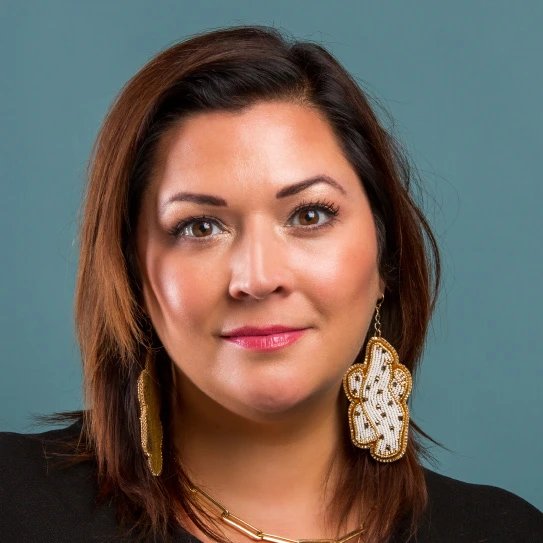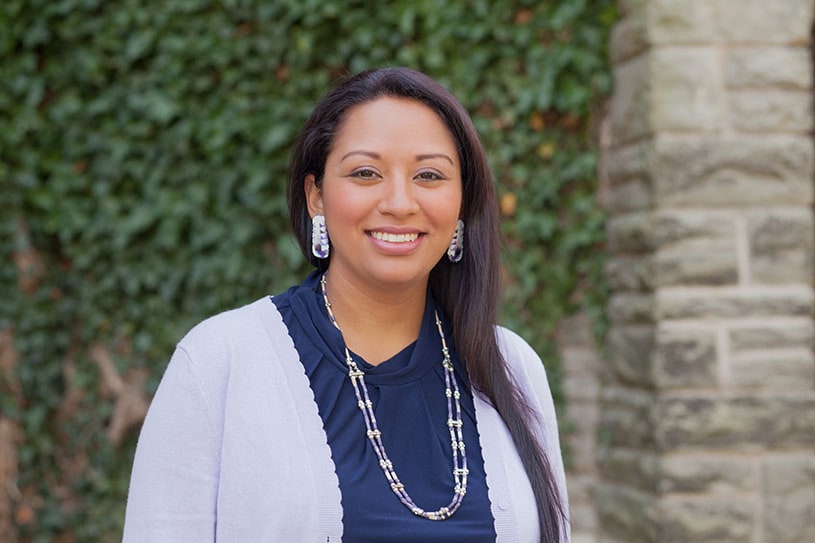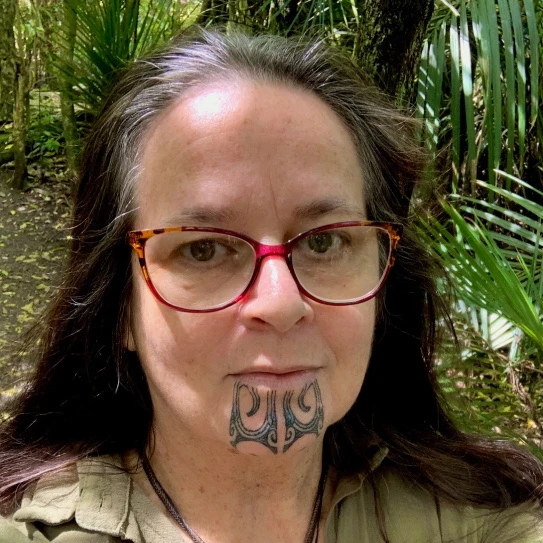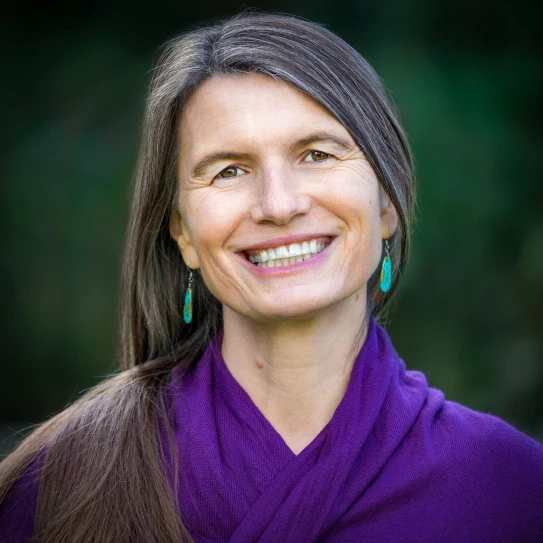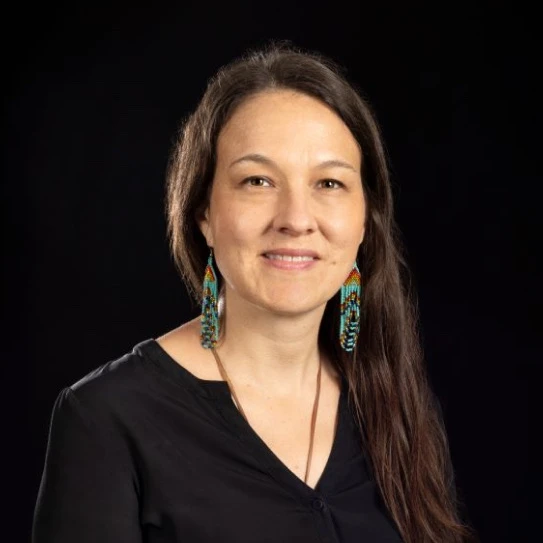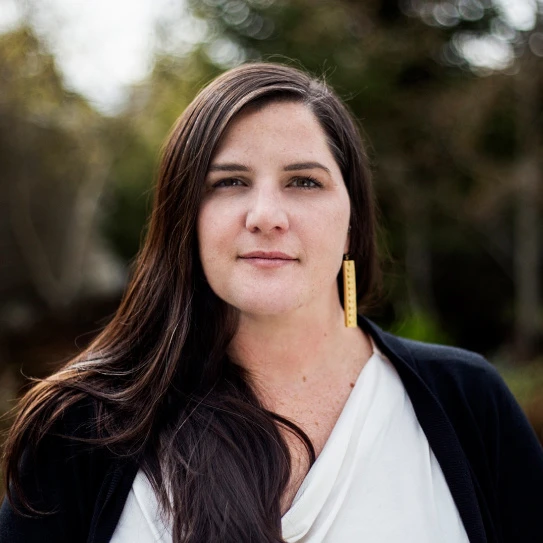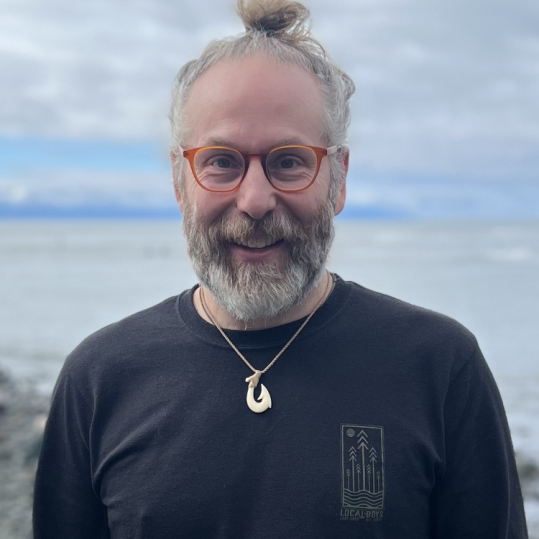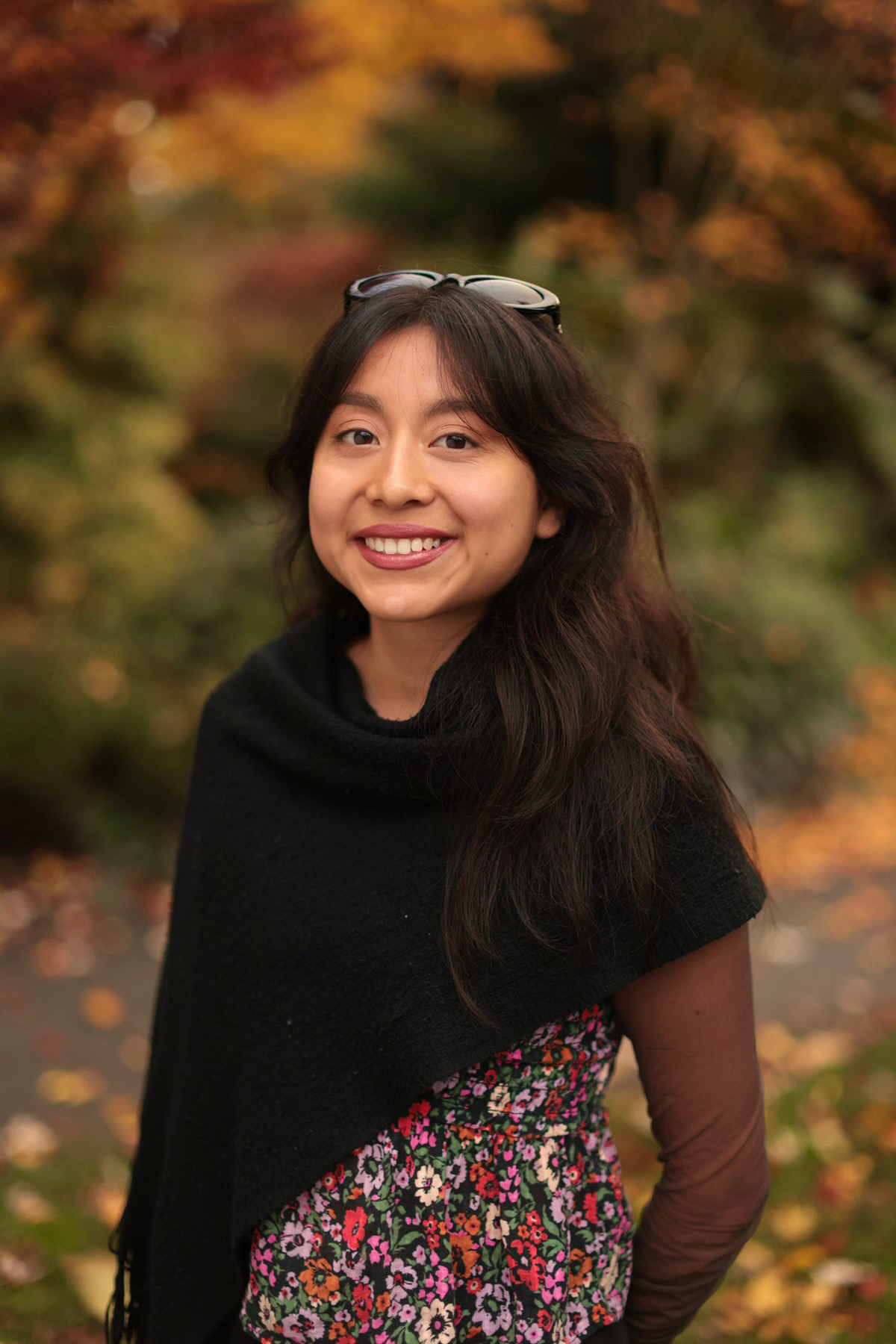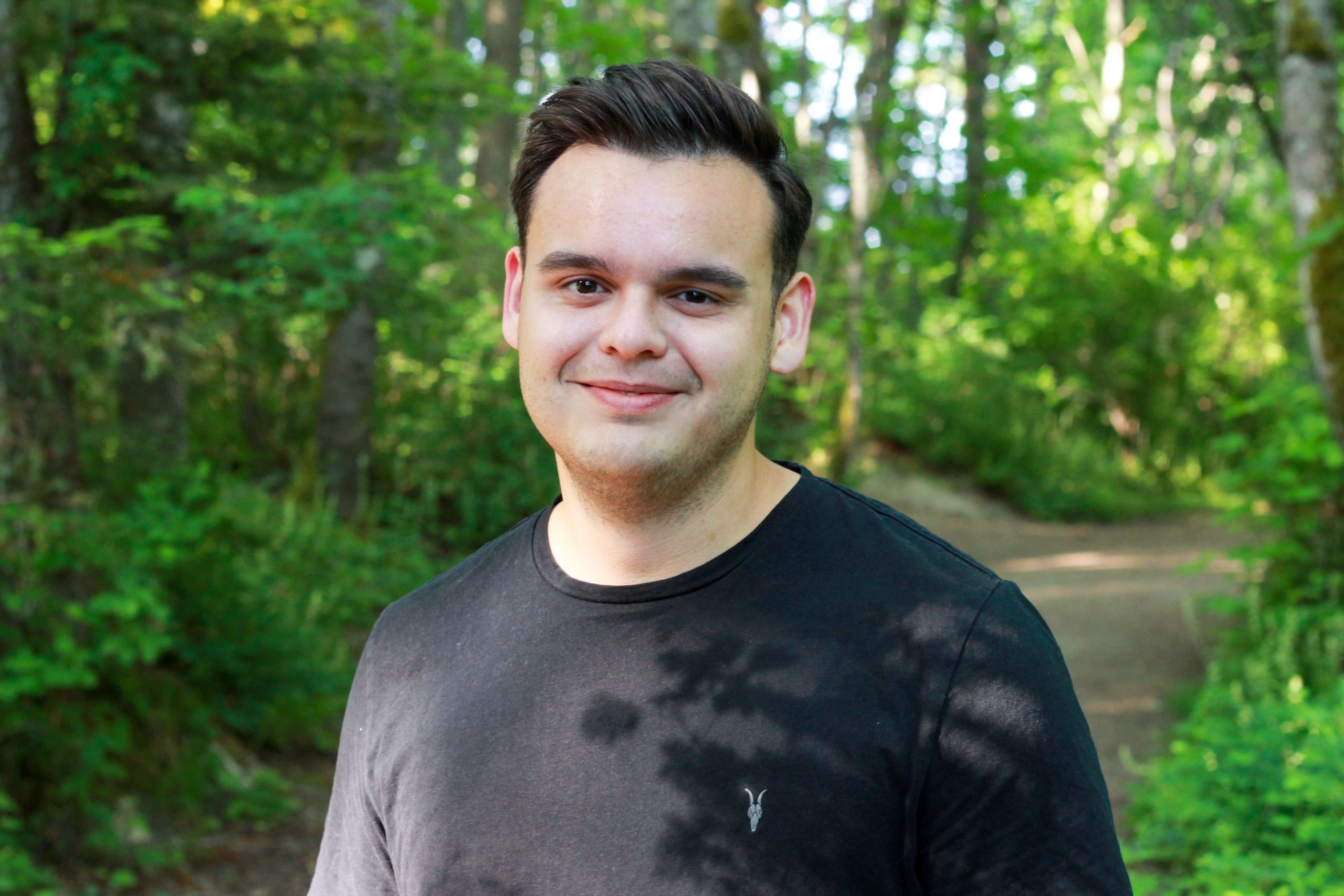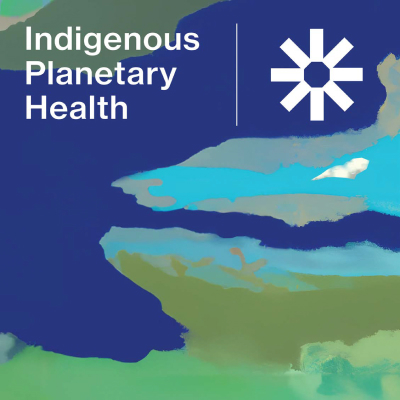Located in the Micronesia region of Oceania, the Mariana Islands (Marianas) are a 15-island archipelago comprising the island of Guåhan (Guam) and the Commonwealth of the Northern Mariana Islands (CNMI), and the homelands of the Indigenous Chamorro and Refaluwasch Peoples. The US identifies Guåhan as an unincorporated territory and the rest of the Marianas as “commonwealth” territories. Military pollution is a major contributor to human-induced climate change (37), which has cascading environmental impacts on air, water, food, and cultures across the archipelago (38,39). Although climate change has been linked to increasing and stronger typhoons, sea level rise, warming ocean, coral degradation, droughts, and fires in the Marianas (38,40), the archipelago’s lack of sovereign governance to determine their own health policies and strategies for developing climate change action and disaster resilience exacerbate these environmental impacts (41). Further, the US military plans to expand across the islands, exacerbating health disparities due to environmental racism, medical deserts, and militarized “sacrifice zones” (38) (see LoS).
How does militarization impact the land and human health in the Marianas, and how are Indigenous-led practices working to restore Chamorro health under current conditions of escalating militarization and climate change? This Case has three objectives: (1) to document the environmental impacts of militarism and the challenges of climate change and sovereignty within the Mariana archipelago; (2) to engage in resurgent cultural and ancestral relationships across the archipelago; and (3) to identify shared determinants of Planetary Health for the Mariana archipelago while honouring the distinctiveness of each island. Grounded in Indigenous research methods and Chamorro epistemologies, this Case centres the creativity and innovation of community knowledge to determine large-scale and lasting impacts. We will use: photo documentation, photovoice, and community arts events to document the health and environmental impacts of militarism, climate change, and sovereignty on the Mariana Islands; “talk story” with Elders, Knowledge-Keepers, and cultural practitioners to understand and educate the larger community about the ancestral relationship among the islands of the archipelago; and interviews with health practitioners and community leaders to identify the shared determinants of health for the islands and contribute to policy briefs that respond to the UN SDGs. We will host our site visit in Y2.
Get Involved
Join Our Journey
Interested in learning more about our initiatives or keen to contribute to the conversation? Navigate to our Contact page and let’s forge new paths together towards sustainable planetary health. Your insights and participation are valuable to us.
